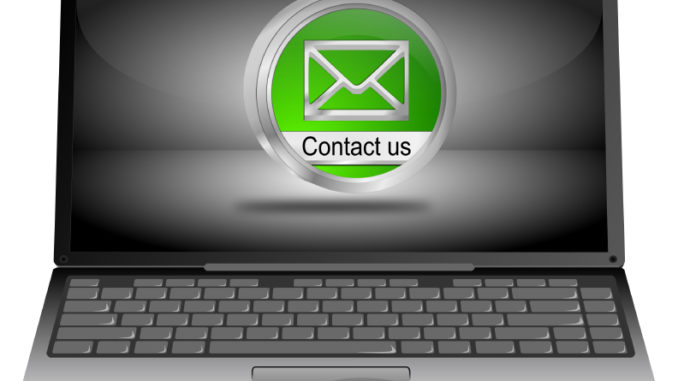
Attending HITEC as a member of the press, I was bombarded with e-blasts and emails from vendor representatives vying for me to drop by their booths or set up a meeting. All together, I received close to five hundred emails in the month leading up to and during the week that was the tradeshow. That’s a lot to read – too much in fact for someone who also has a full-time job outside of his hospitality writing. As such, most of these emails received only a cursory glance and were summarily dispatched via the DELETE button.
But herein lies a very powerful lesson. When someone is harried, stressed and managing multiple projects at once (as I’m sure you all are if you are doing your jobs rights!), you just don’t have time for much else. So, how do you get a stranger’s attention in an email, even if the call to action is something as minute and innocuous as ‘Visit our booth!’?
Before I answer this question, let’s start with what not to do. Understand that these are my own personal preferences and should not be considered gospel.
That said, you know what really gets my email mojo going? A straightforward, three paragraph letter with each paragraph comprised of only one sentence. The first sentence must indicate that you know something about me so it wouldn’t be immediately interpreted as a ‘bolt on’. In the next line, spell out the logline of your product – that is, tell me what you do in as few words as possible, leaving out the ineffective bells and whistles. Last is your call to action, inquiring about a time to visit your booth, arrange for an offsite meeting or establish whatever other objective intended for the letter.
I took several dozen meetings while at HITEC and each started with a simple email in this format. I wasn’t picky about who I met with – I wanted as broad a perspective as possible. But when there are thousands of people vying for your attention, you have to set certain criteria, and mine was a legible, personalized email. In this age of digital marketing, consumers are bombarded by e-blasts on a regular basis and many people have become numb to this channel. Use these inscribed lessons to help guide your future efforts.
And again, know that these were my own requirements and do not necessarily represent those of other attendees. Do yours differ? What prompts you to stop what you’re doing and read an email from someone you don’t know?
(Article by Larry Mogelonsky, published in HOTELS Magazine on Friday, July 10, 2015)
